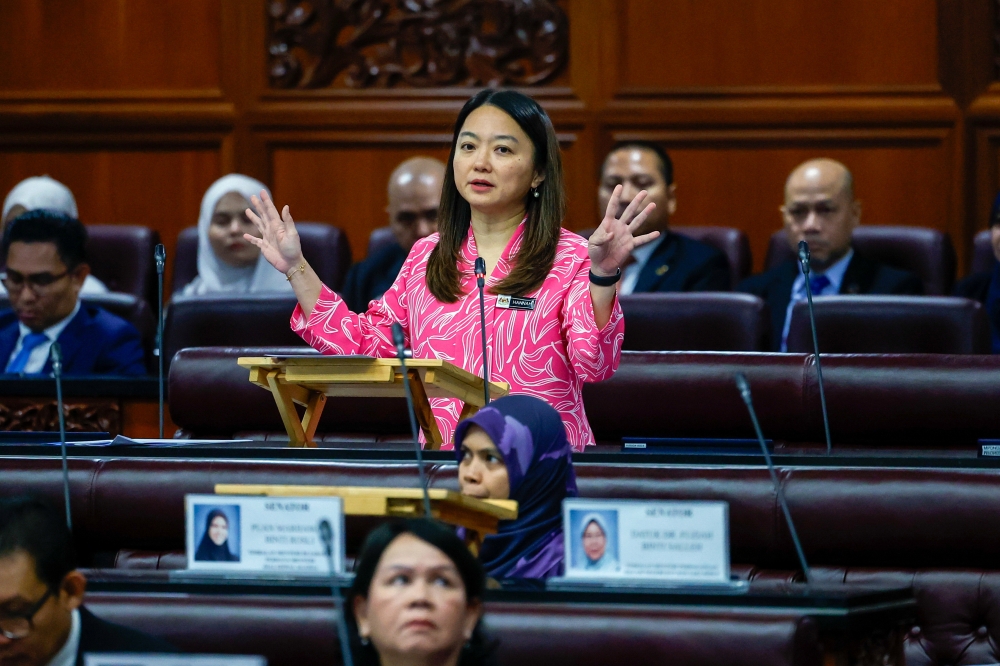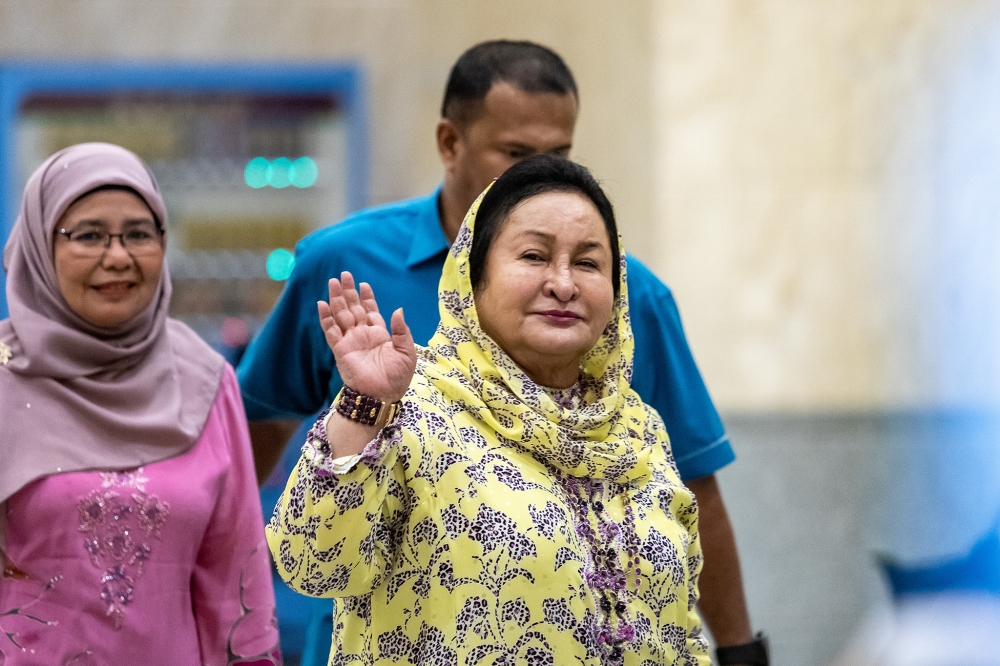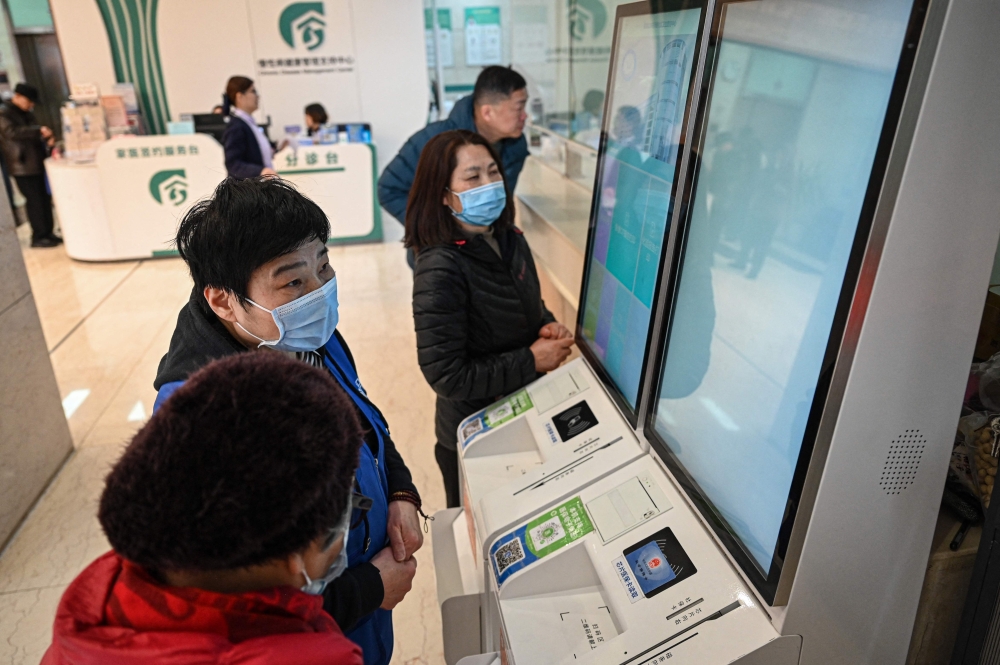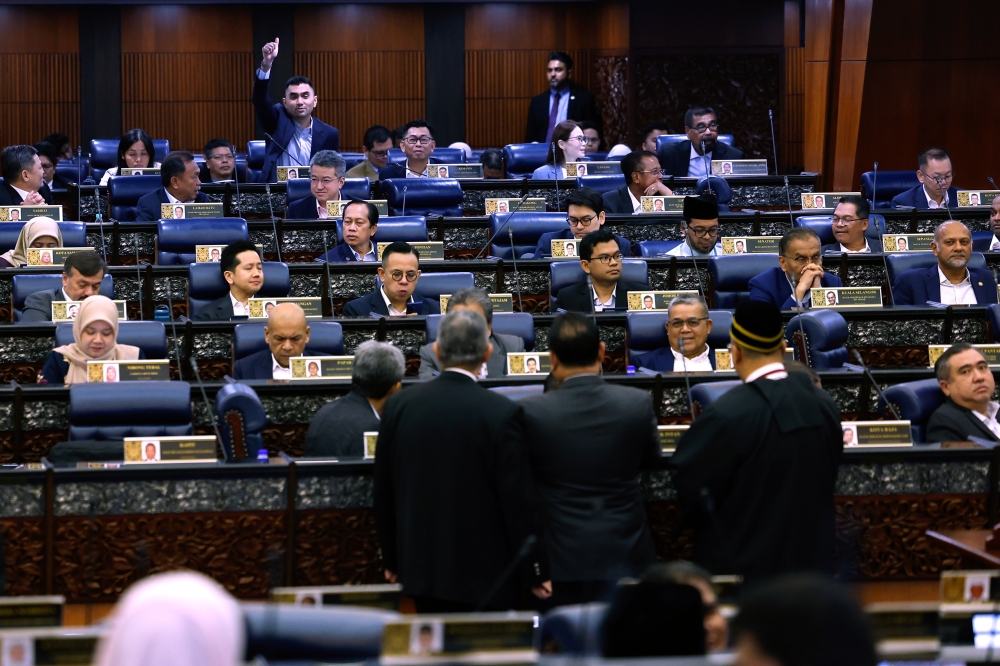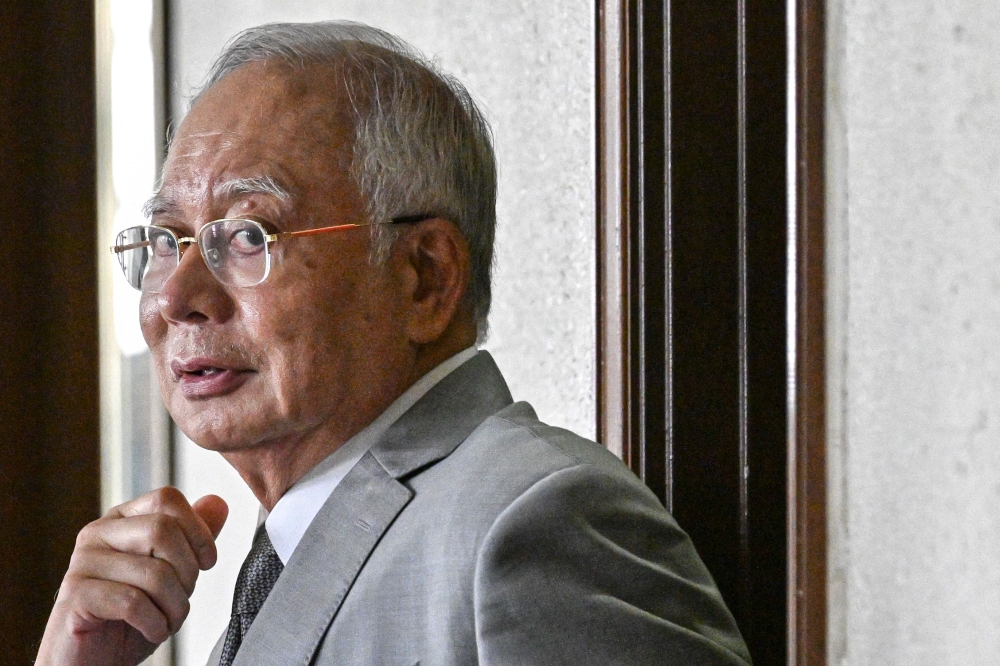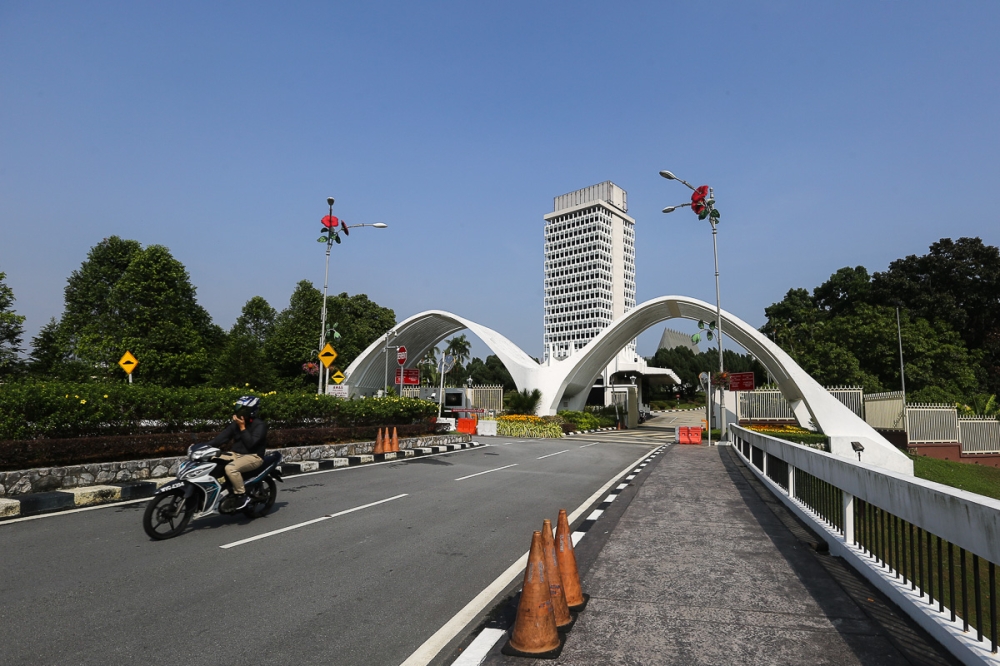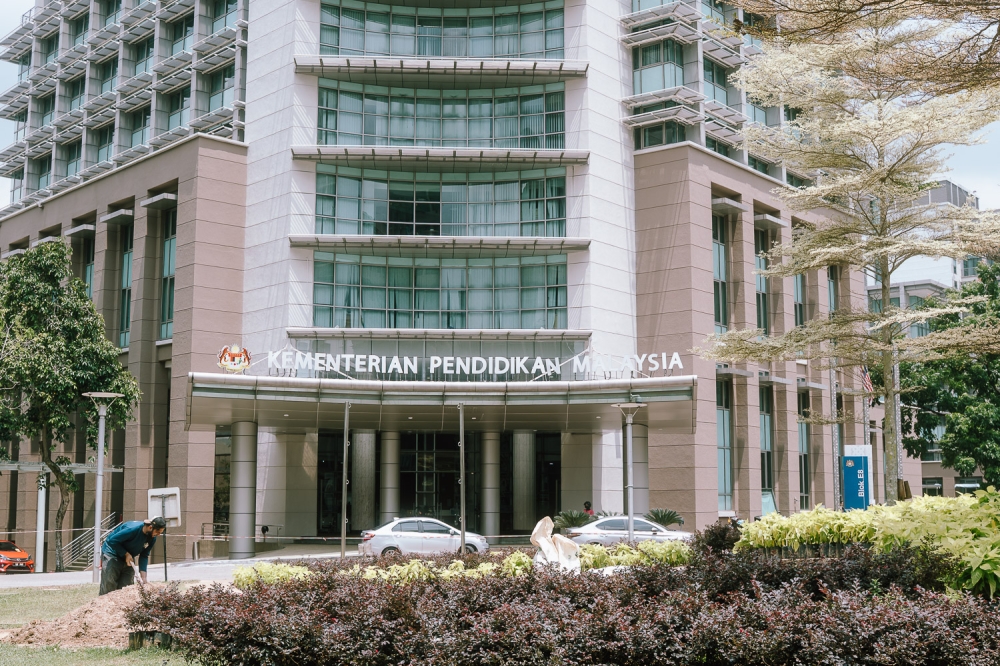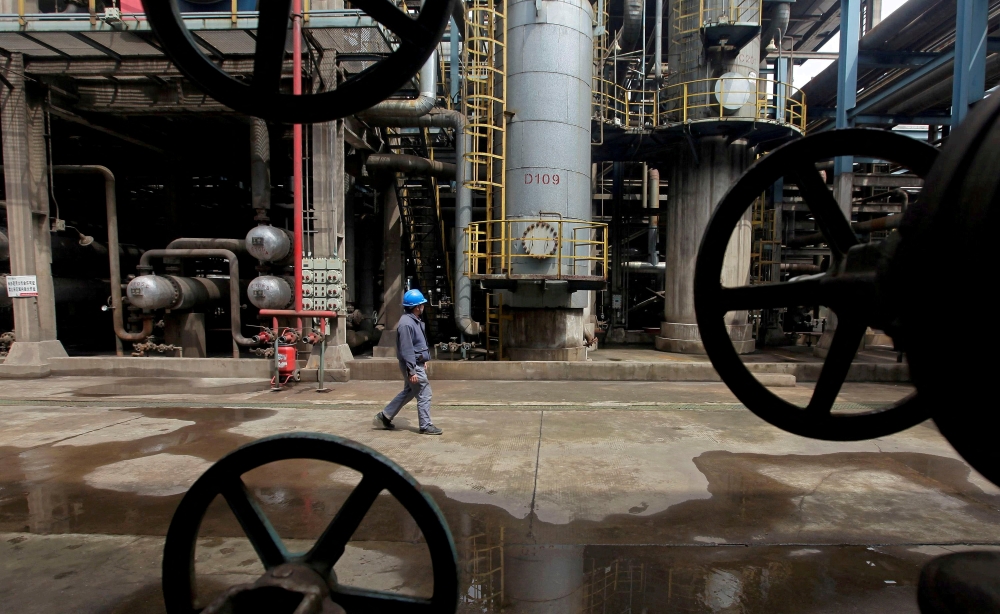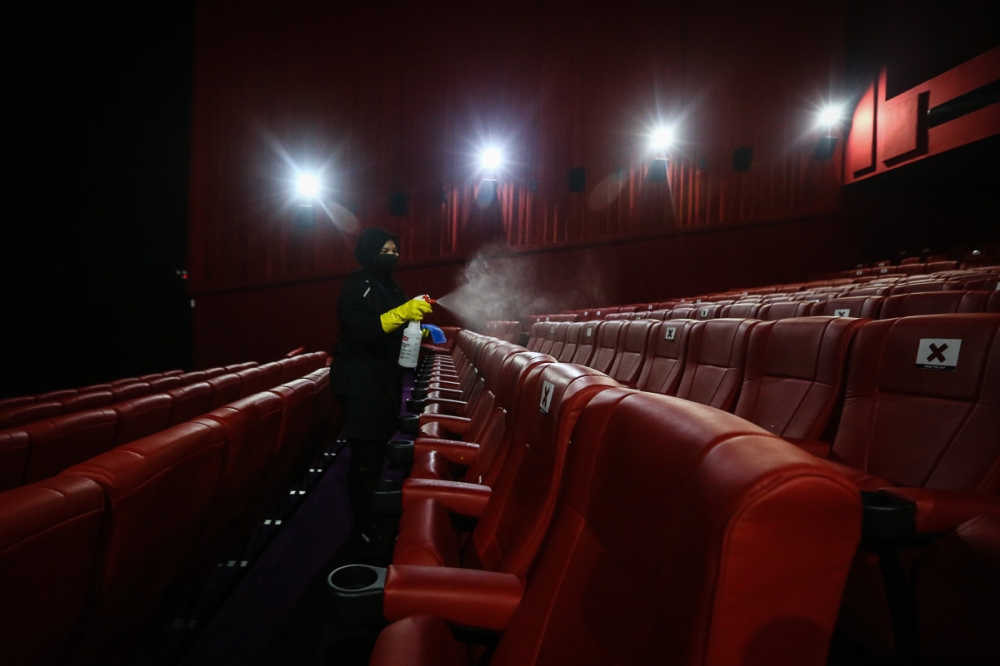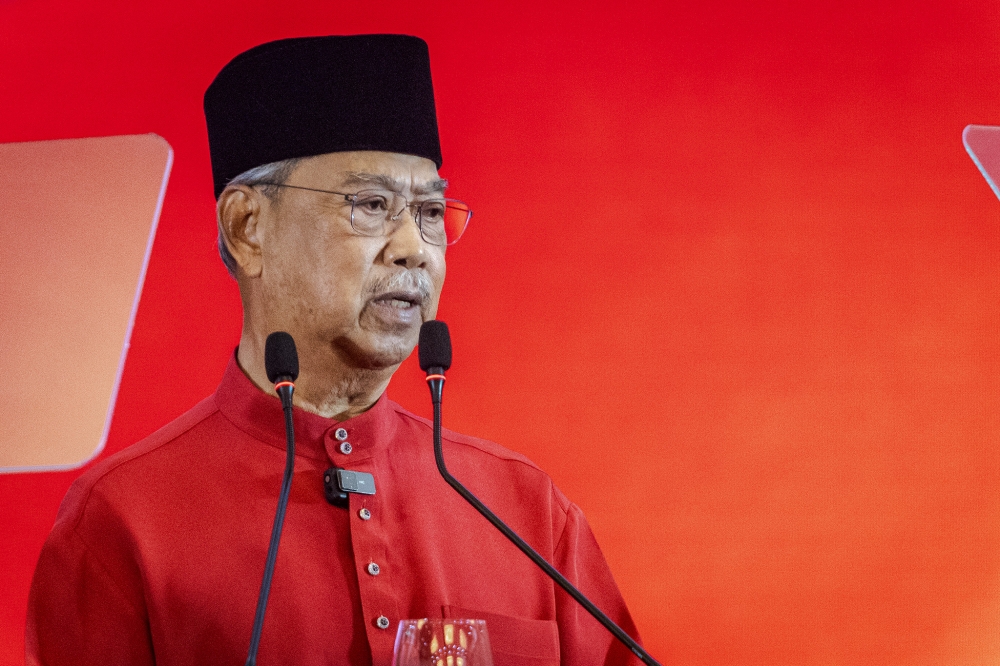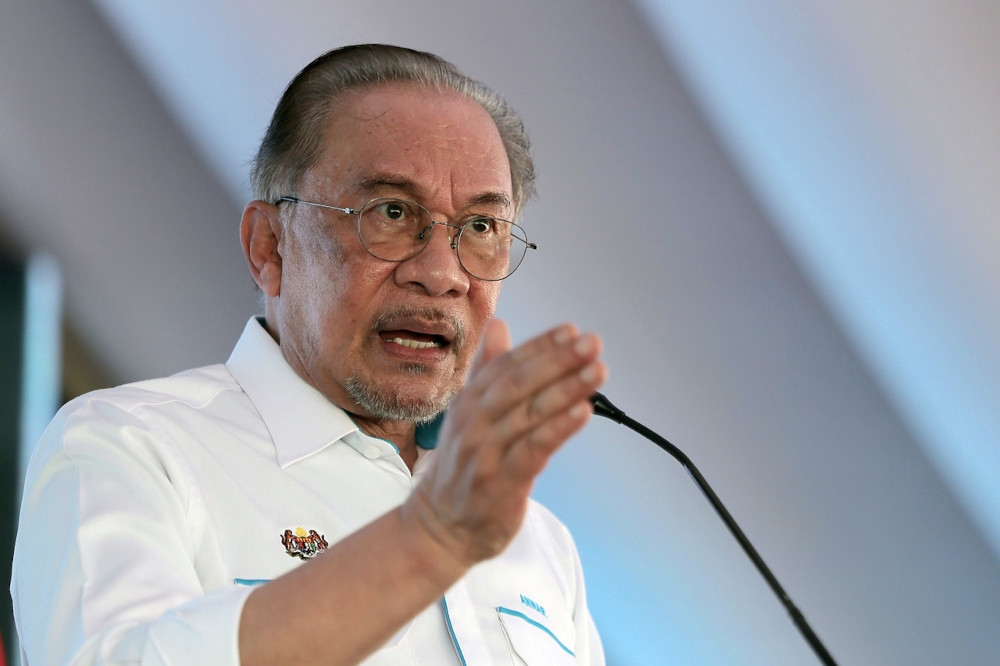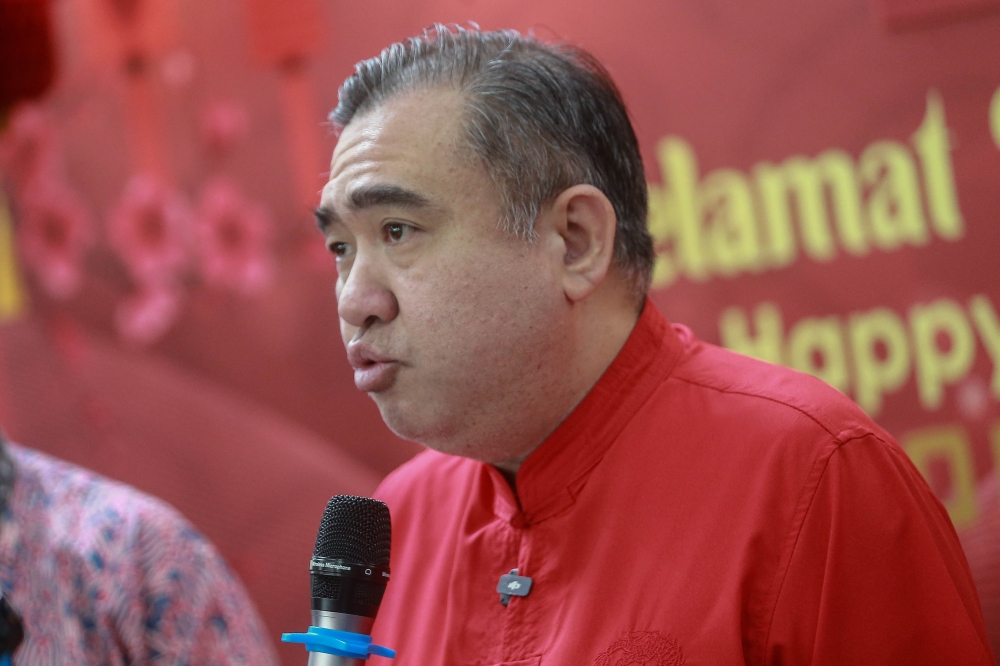SEPTEMBER 16 ― Over the last one year and a bit after the Wall Street Journal broke the 1MDB story, the controversy has grown red hot, faded, gained momentum, been forced into silence, and finally reached a crescendo with the US DoJ indictment. The latest is the stunning rapprochement between Dr M and Anwar Ibrahim with 1MDB as the backdrop.
In all this time, two things have remained constant; the consistent denial of the allegations of wrongdoing by the government and the tepid reaction to the entire controversy by ordinary people. While the first is entirely understandable, a lot of local and international observers are surprised by the relatively laid back public response to what has now become a global scandal.
In a country where almost 70 per cent of the population has internet access, lack of information is unlikely to be the explanation. It is equally unlikely that most people are calm because they believe that no wrongdoing was committed, though they may differ on the scale of the crime and on who should be held accountable. So what gives?
A good starting point to understand this phenomenon comes from the fact that while public disapproval of the scandal has been muted, so has been the public support for those allegedly party to the whole affair. This points to the fact that it is not that people are not aware of the facts of the case or do not have a perception of guilt or innocence, but their actions or lack of them are motivated by other reasons.
Reasons that have a lot to do with racial fault lines and social divisions that have only gotten deeper after the results of the last general elections. In a sense the heavy handed crackdown on certain media outlets reporting on 1MDB was redundant, because very little change in attitudes and opinions about the government or the Opposition is likely, given that readership or viewership of media is also largely segmented according to these fault lines.
Reactions to any issue of importance in Malaysia have much more to do with the filter they are seen through than the actual facts of the case. Filters of religion, ethnicity, wealth, sex, age, geography and education are much better predictors of reactions than any objective notions of morality or legality.
Which is why the 1MDB controversy and the allegedly corrupt purchase below market value of property by the Penang chief minister have been treated with a sense of equivalence by some segments of the population and as different as chalk and cheese by others. Which is why the Sarawak electorate continues to vote in champions of autonomy despite their allegedly less than stellar track record in implementing an equitable development agenda. Which is why even the issue of enhancing English language skills which seems to be a no brainer on the face of it is proving intractable.
In a sense, today there are no topics of national importance beyond sports, food and the Sabah abductions, because these are the few things that are either a source of overarching pride or constitute an overarching threat. Even here, there are voices questioning the patriotism of athletes, availability of types of food or even the efficacy of security policies on the basis of their respective filters.
It is increasingly easy to render truth meaningless by the simple device of attributing it to a vested interest of the “other side.” An international conspiracy, a Zionist plot, urban elitism, rural ignorance, a liberal agenda, religious zealots, lazy this, money grubbing that ― you name it and you have heard it. Globally, Donald Trump’s rising numbers and the growing number of Rodrigo Duterte’s nationalist defenders point to the growing irrelevance of the truth in the face of frenzied appeals to simplistic, narrow notions of identity and interest. When us and them are so sharply defined, there is no real choice but to stick by your side, whatever the objective truth.
Unlike a lot of other countries though, in Malaysia a combination of historical violence, authoritarianism and a widespread understanding of expected public behaviour in a multicultural society means that all such views are kept largely private. In this view, since everybody is stereotyping each other on the back of their race religion, sex etc. anyway, there is no need to offend and incite violence by taking disagreements public. Bersih provides a counterpoint to this narrative, but its sporadic frequency and increasingly catch all fan base still does not constitute a trend.
This Malaysian quirk against public protest may just be the reason why the country has defied the prophets of doom for so long. As American pollsters constantly point out, there may be a vast gap between what people say in public, and how they act in private. Whether in the USA or in Malaysia, the silence and anonymity of the polling booth allows for a shedding of filters and an honest conversation with oneself on the right choice for the future to emerge. And for election day surprises and upsets to take place. As they have in the past with dramatic changes in popular vote percentages and state governments.
Maybe the Malaysian electorate is way more mature than it is given credit for. And the results of the next GE will decide the real impact of 1MDB on perceptions of truth, various filters and what constitutes competent governance.
* This is the personal opinion of the columnist.


